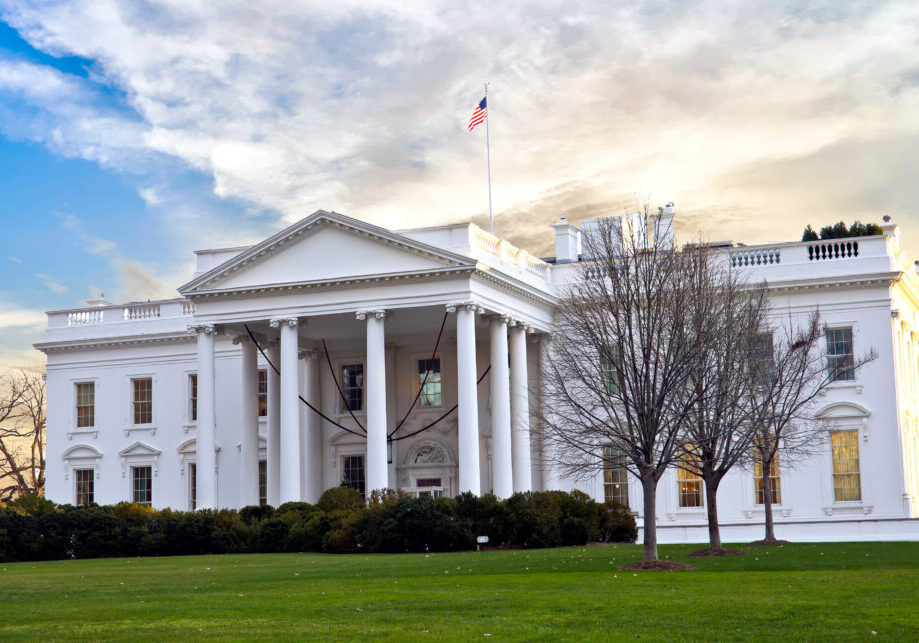The next 18 months will be a pivotal time for federal tax policy, as the next president and Congress will grapple with the looming expiration of the costly and ineffective 2017 tax cut law signed by former President Donald Trump. As The New York Times’ Jacob S. Hacker and Paul Pierson explain, the decisions made next year will shape the future of the tax code and federal programs such as Medicare and Social Security that depend on a fair and adequate revenue structure:
If the tax cuts are made permanent, there will be no way to sustain, much less improve, the programs that Americans say they want and need. In poll after poll, Americans put Social Security, Medicare, Medicaid and even the distinctly unsexy goal of deficit reduction ahead of tax cuts. If tax cuts win, it will represent a clear failure to respond to the concerns of the American people. … The struggle over taxes that will take place in 2025 won’t just be about creating a fairer tax code that can finance the government that Americans deserve. It will also be about democracy — whether our elected officials will pursue an agenda that is responsive to what Americans desire.
Free tax-filing program goes national
Americans in every state will be able to file their federal income tax returns for free using an online filing tool developed by the IRS, agency officials announced Thursday. Direct File was run as a pilot program in 12 states during this year’s tax filing season, but now the IRS is inviting all states to participate. States Newsrooms’ Ashley Murray explains the benefit of providing this service to a larger swath of tax filers:
[Treasury Secretary Janet] Yellen touted results of a user survey that showed 90% of participants rate their experience as excellent or above average. “They appreciated that it allowed them to quickly fix mistakes and there were no fees or upsells. The success of the Direct File pilot means there’s now strong demand for direct file from taxpayers across the country,” Yellen said. … “ The average American spends $270 and 13 hours filing their taxes, according to the agency’s Taxpayer Burden Survey.
The program faces pushback from private tax-filing companies such as Intuit and H&R Block, and partisan resistance from Republicans. Leaders from 18 states, including Louisiana, have urged the IRS to ‘shut down’ the program.
Legislature approves private school subsidy plan
The Legislature gave final approval on Thursday to a proposal that will use public tax dollars to underwrite private school tuition. But Louisiana’s version of ‘education savings accounts,’ which is a top priority for Gov. Jeff Landry, was watered down for the time being because of cost concerns. The Louisiana Illuminator’s Greg LaRose reports:
The Board of Elementary and Secondary Education has to first create the structure for education savings accounts, then the governor and lawmakers have to agree on how much to allocate toward them. The soonest that could happen is in next year’s legislative session ahead of the 2025-26 school year. The program is expected to be launched in phases, starting with students who already receive private school vouchers from the state.
Reality check: Much of the demand for ESA programs in other states have come from families, many affluent, who already had children enrolled in private schools. ESA programs also drive up tuition prices for private schools and have led to ballooning costs and budget deficits in other states.
Tracking state disinvestments in public services
Louisiana isn’t the only state facing fiscal headwinds that are at least partly of their own making. A combination of large tax cuts, costly school voucher programs and the expiration of federal pandemic aid could lead to massive revenue shortfalls in many states. The Center on Budget and Policy Priorities has launched a new resource to track the disinvestments in public services that typically follow when states enact costly, irresponsible tax cuts.
Our new resource will highlight cases where state decisions to cut or divert revenues are jeopardizing funding for current public services, such as K-12 schools and health care, and preventing states from investing to meet emerging or long-standing needs such as updating aging infrastructure, expanding Medicaid, or reducing families’ child care costs. We’ll also highlight new state tax cut proposals, identify emerging tax policy trends, and show how decisions on tax policy can affect efforts to reduce income inequality, make progress on racial equity, or even protect democracy.
Number of the Day
$5.6 million – Amount of money the IRS’ free tax-filing pilot program saved participants in tax-preparation costs. (Source: IRS via States Newsroom)
